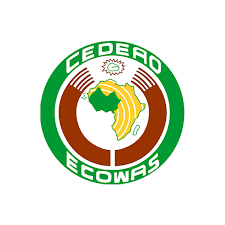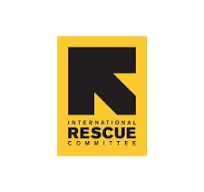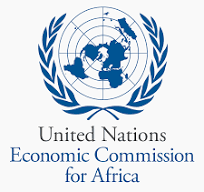Description
Strengthening Weather, Climate, and Water Services In West Africa
West Africa, increasingly affected by extreme weather and climate events, is realizing the importance of weather, water, climate and early warning services, jointly referred to as “hydromet” services, as a key element of disaster risk management and climate adaptation. West Africa’s climate is projected to become more extreme with rising temperatures, prolonged heatwaves, delayed rains and extreme weather events. Hydromet disasters have increased in frequency and severity in West Africa in the last 30 years, affecting over 100 million people. West Africa’s economy is vulnerable to climate risks, notably sectors such as agriculture, food security, energy production and transport. More than 70 percent of West Africa is dependent on rain-fed agriculture. With the global COVID-19 pandemic significantly impacting the region’s shock-coping capacity, the vulnerability to climate risks is rising. Climate change may further impact hydropower, agriculture and food security, increasing disease and conflict for resources
Acknowledging this, the Economic Community of West Africa States (ECOWAS) hosted the ECOWAS Hydromet Forum and Disaster Risk Reduction (DRR) Platform in 2018, with partners such as the World Bank and World Meteorological Organisation (WMO), to highlight the need for strengthening
hydromet services for sustainable development as well as disaster and climate resilience. It also discussed the critical role of hydromet and early warning services in economic sectors, such as agriculture, water resources, health, air, marine and road transport and combating the socioeconomic impacts of disaster and climate risks. In 2021, the African Ministerial Conference on Meteorology (AMCOMET) updated its Integrated Africa Strategy on Meteorology.
The hydromet value chain shows that socioeconomic value is created when different elements in the value chain such as observation, analysis and forecasts of
weather and climate as well as provision of services lead to decision-making and outcomes. As such, the value of a reliable and timely provision of data and services can only be realized if it leads to beneficial outcomes. Merely improving observation or forecast through technology will not always generate economic value unless the value chain facilitates decision-making. The ECOWAS Hydromet Initiative therefore covers the entire value chain from observations to end-user services. The term “hydromet services” is used for “meteorological, hydrological and climate services.”


 AFWASA
AFWASA AAEA
AAEA AFWASA
AFWASA
 AAEA
AAEA AAEA
AAEA
Reviews
There are no reviews yet.